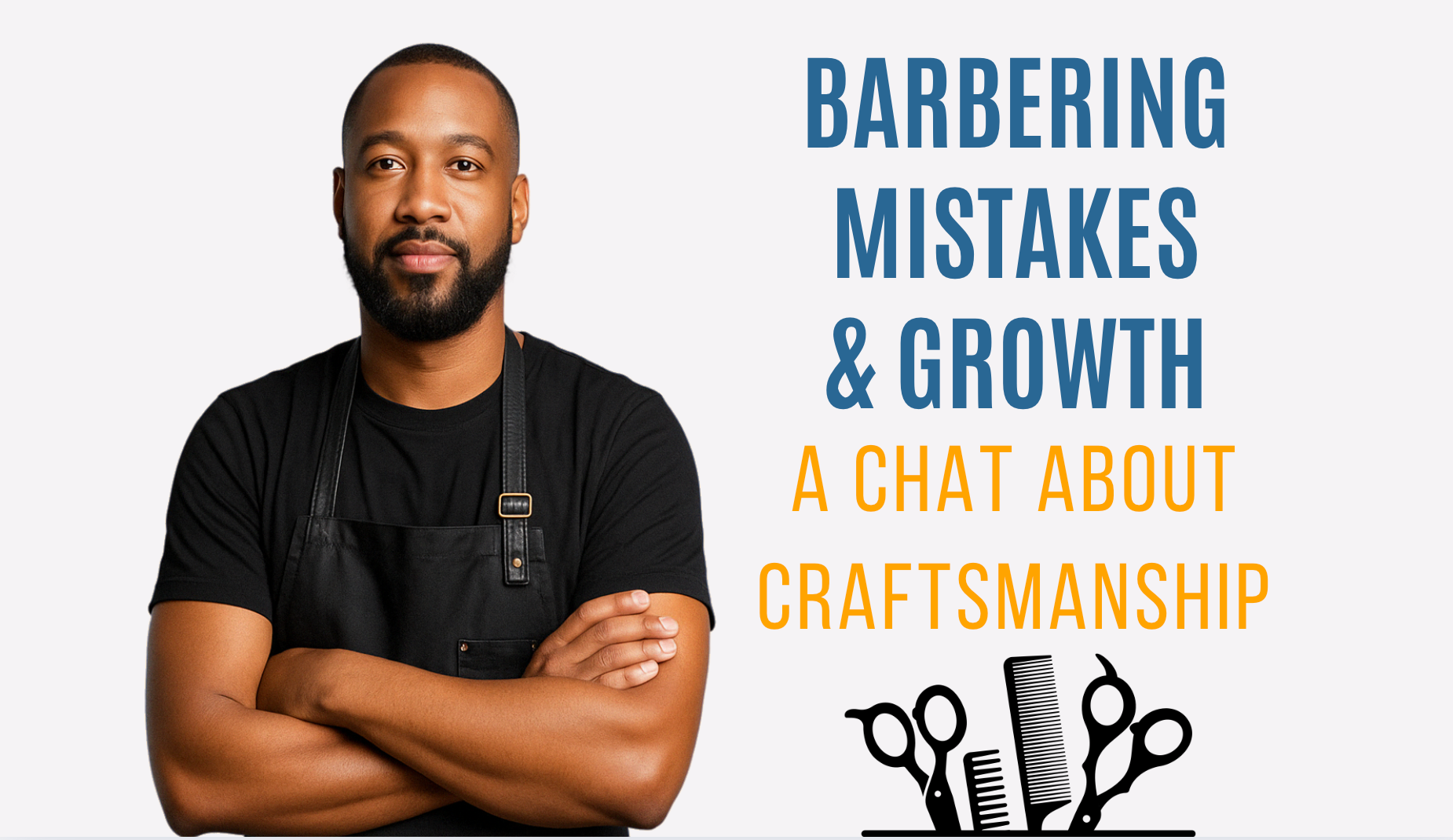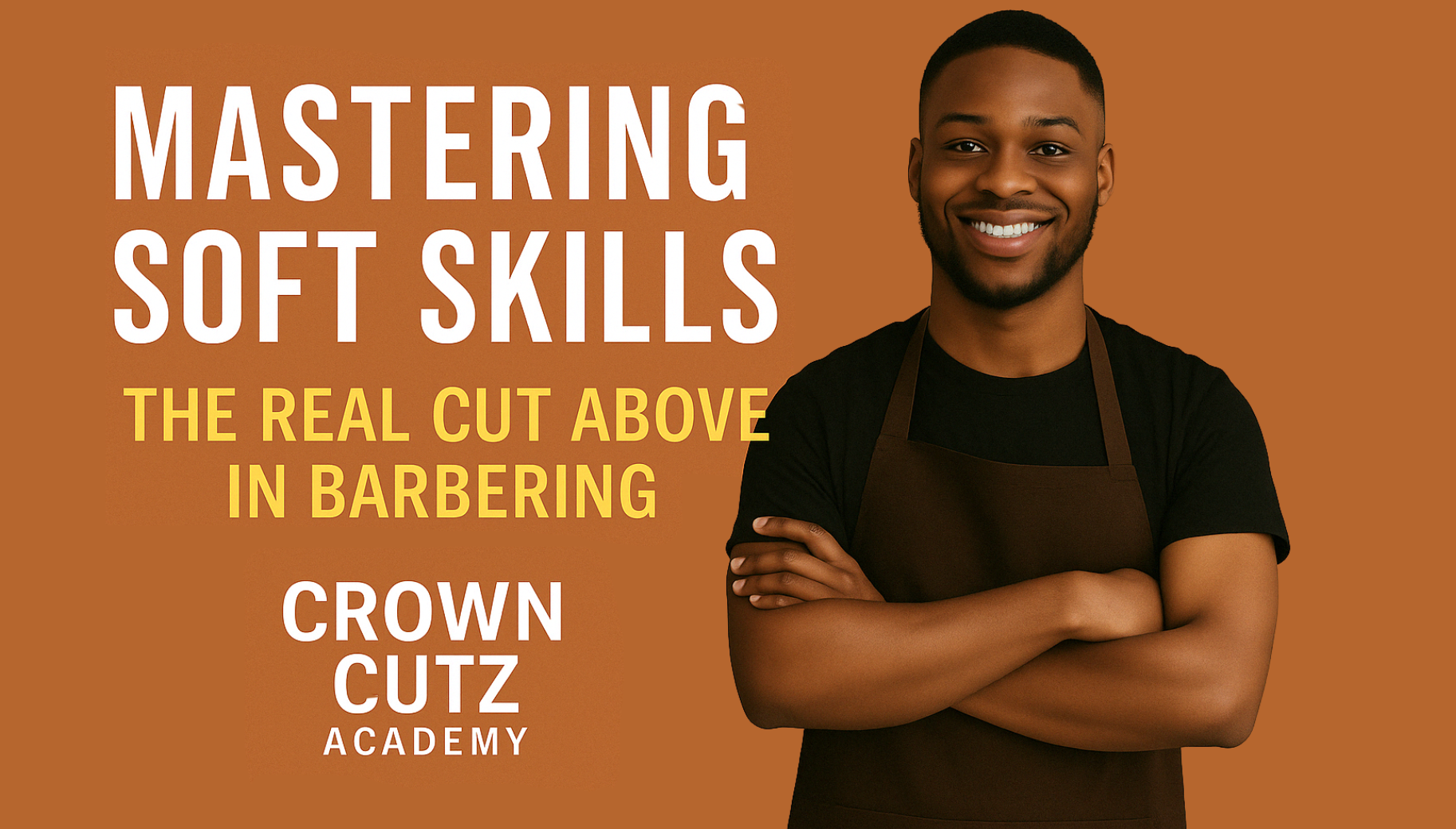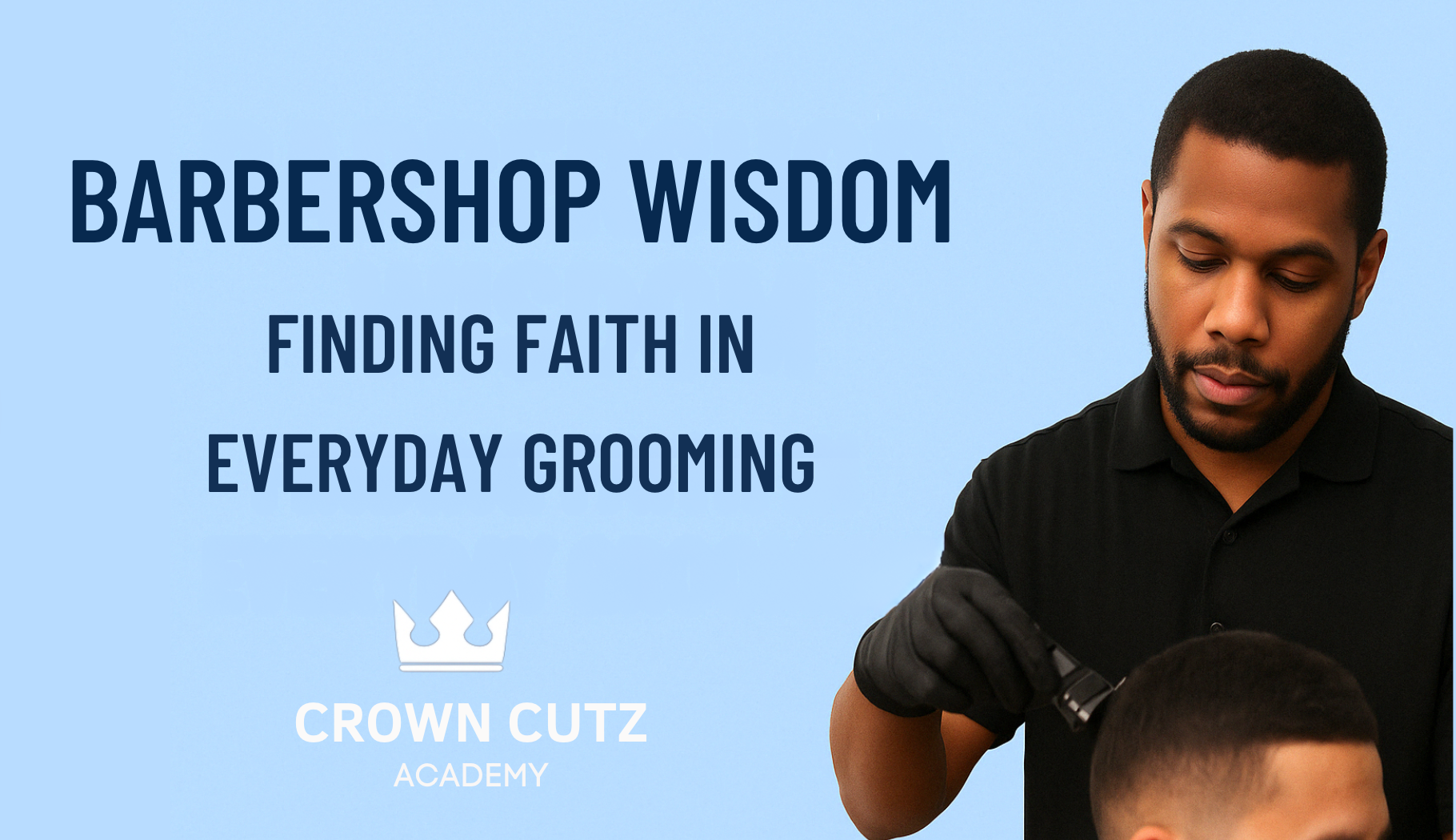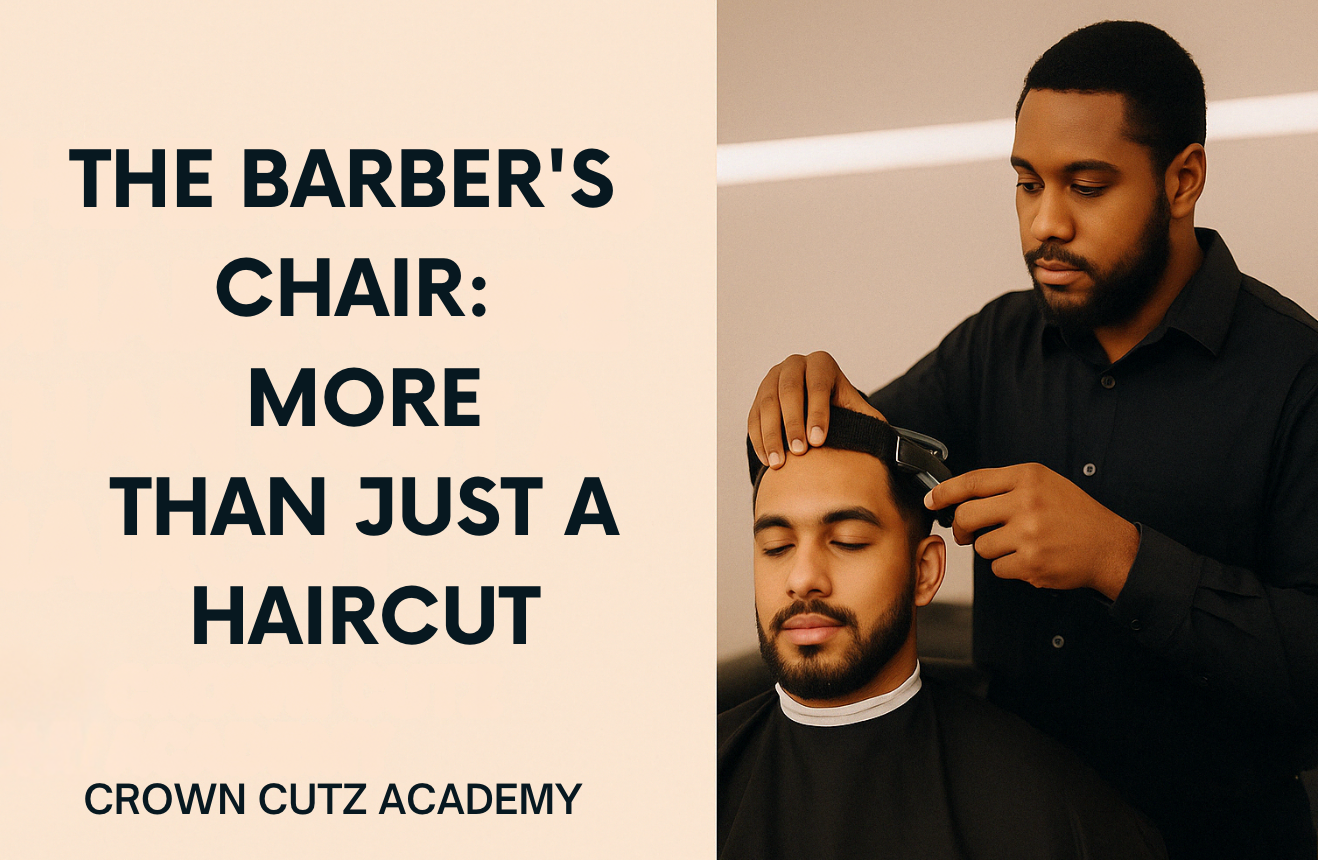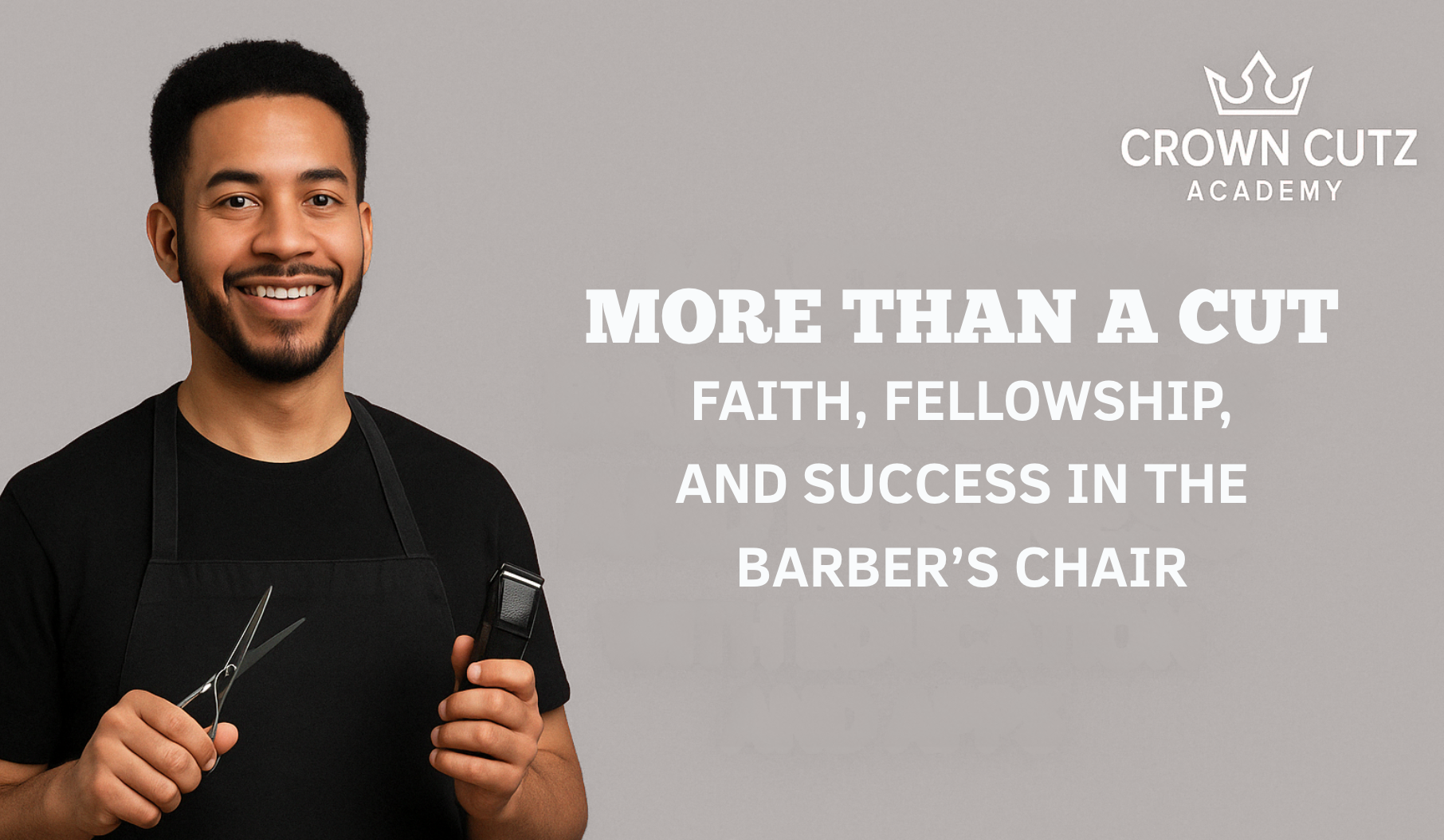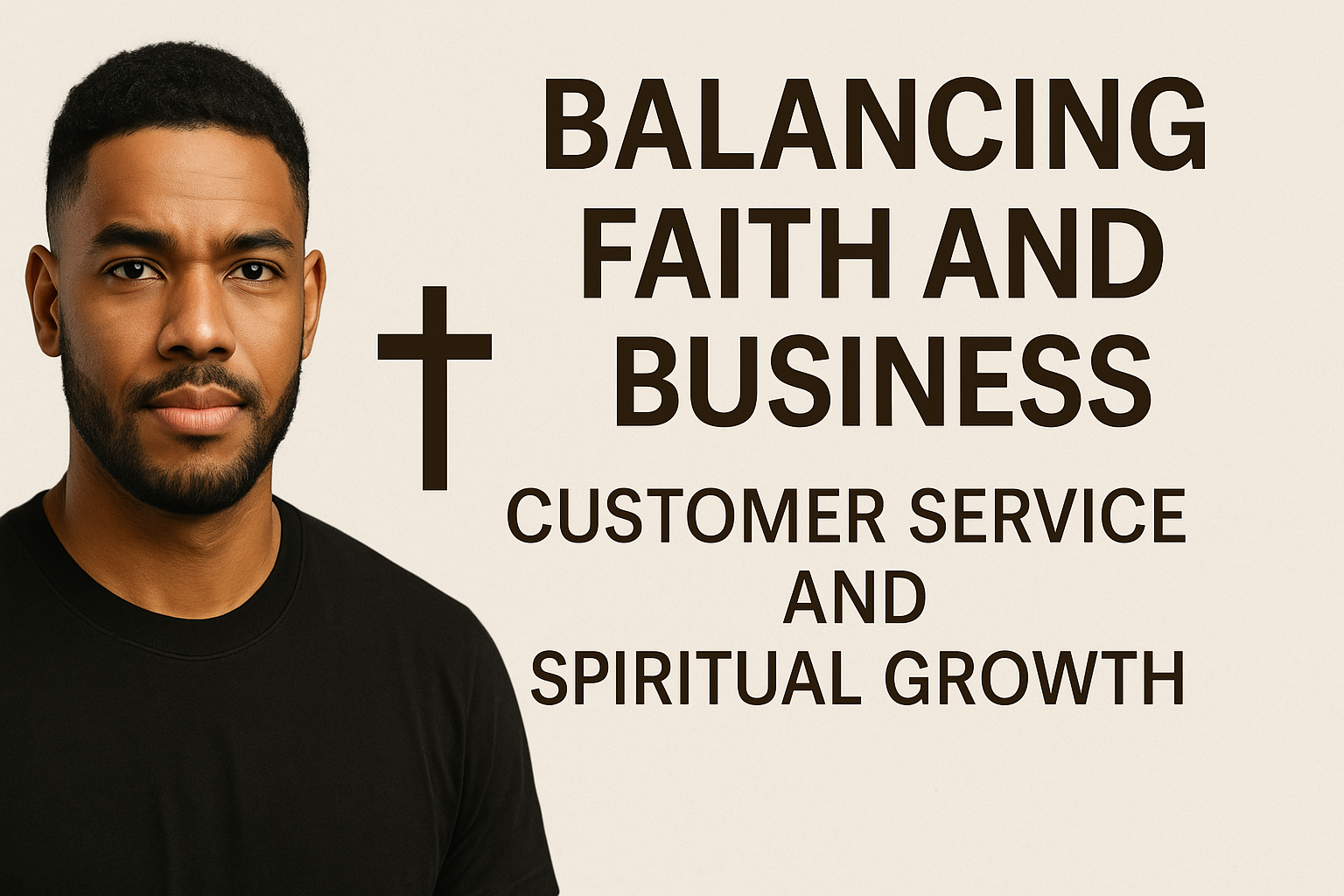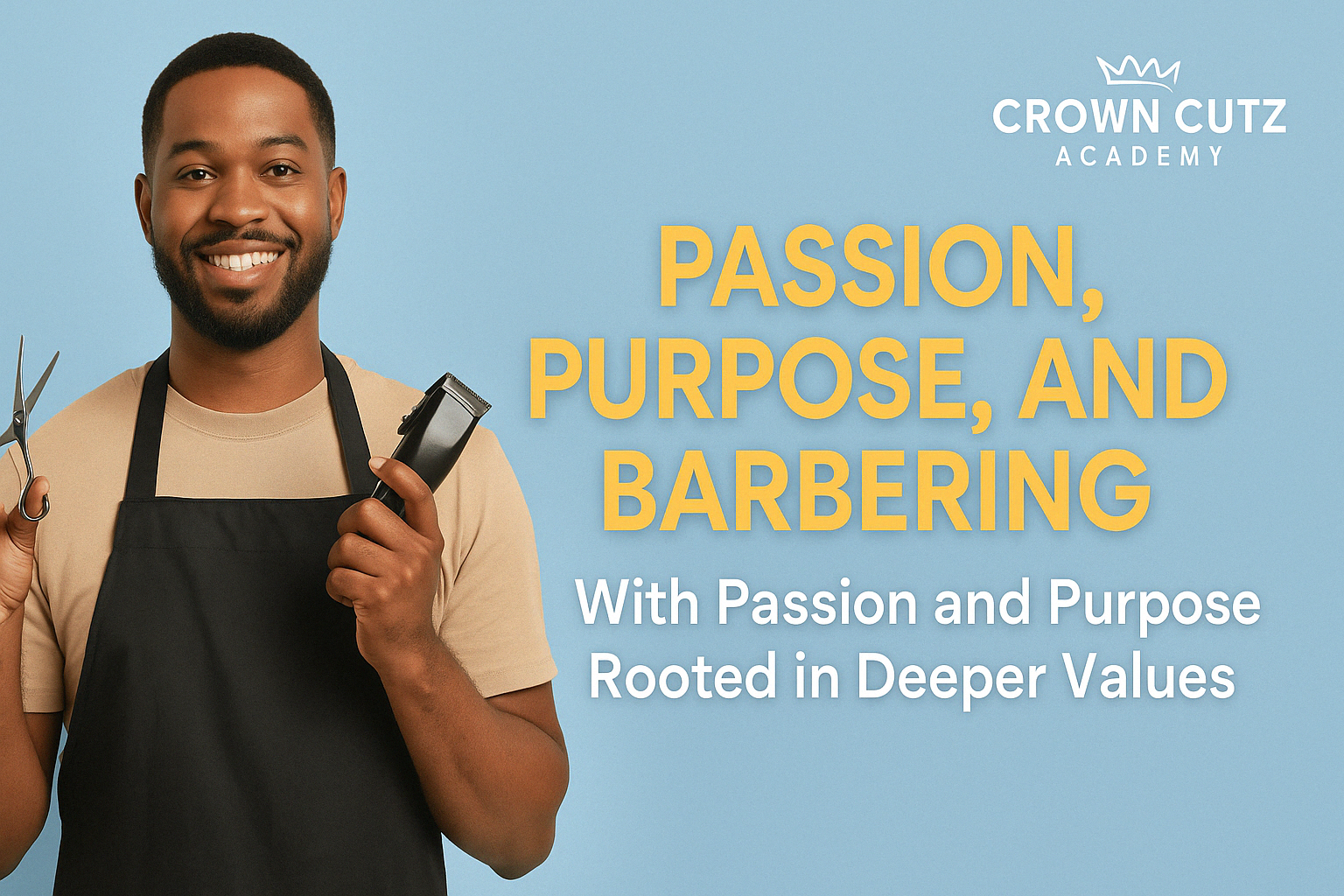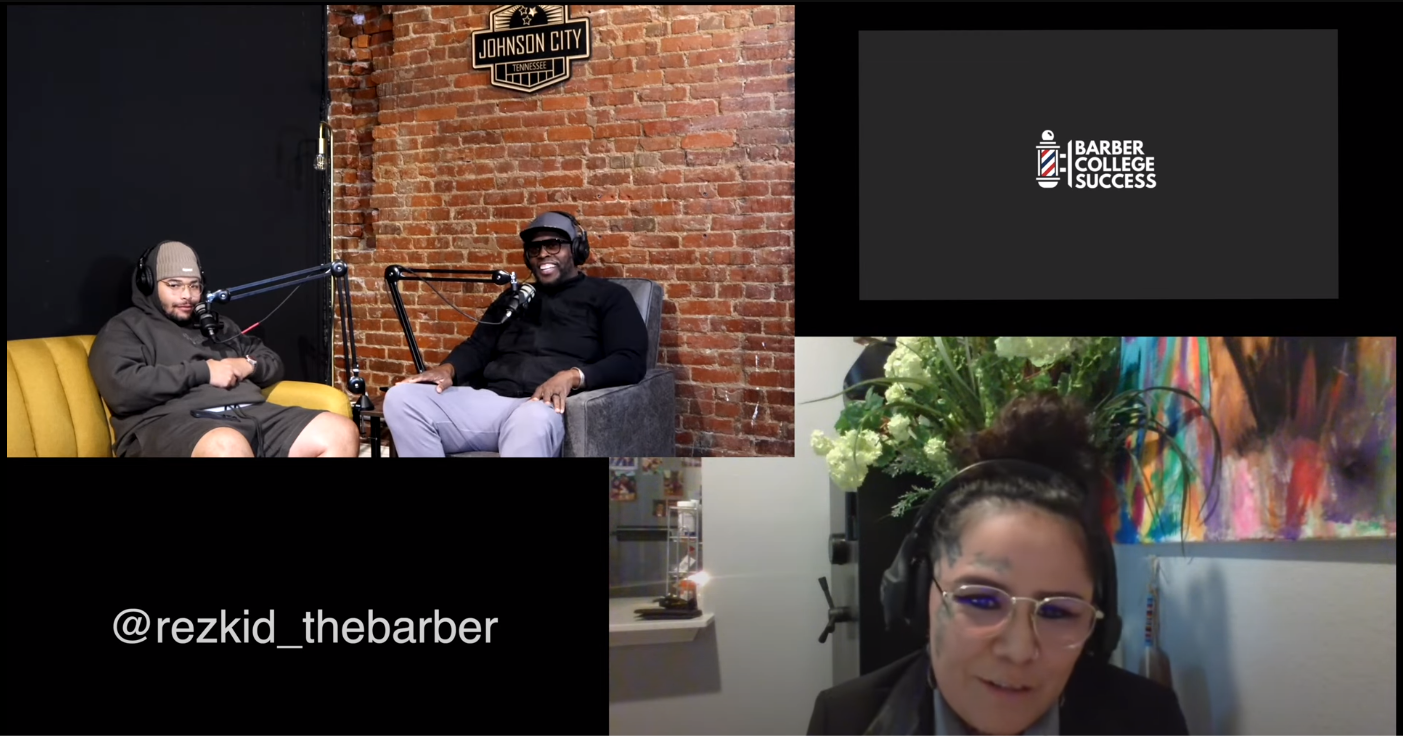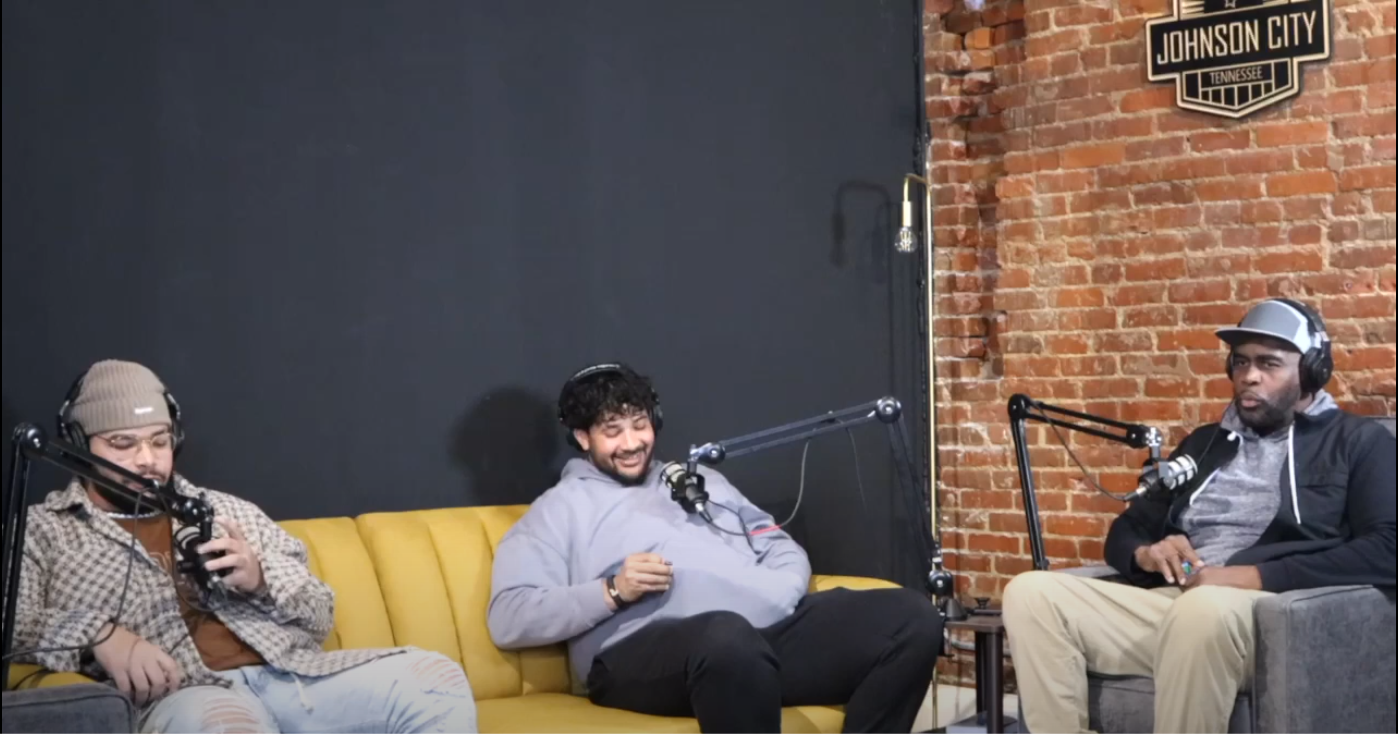Barbering & Bible: A Holy Cut
Barbering & Bible: A Holy Cut
Table of Contents
What do we think about when someone mentions barbering and the Bible? In the podcast episode 'Barbering & Bible: A Holy Cut' by Crown Cuts Academy, hosts Craig Charles and Jordan Barber unravel a thread that stitches together barbering and biblical teachings in unexpectedly profound ways. Joining them are guests Pastor Antoine Yoakum and Pastor Perry Stuckey, who delve into how barbering isn't just a modern craft but one rooted in history with significant cultural weight. With a funny anecdote to boot, Craig shares about an encounter with a mall visitor that set him on this journey of exploration.
This blog will open a window into the profound connections between barbering and biblical history. You'll journey through ancient times, discovering the biblical mention of barbering as early as the 5th century BC. Get to know the significance of Joseph shaving before meeting Pharaoh and the tale of Absalom. Learn how haircuts preceded transformations in biblical narratives, paralleling spiritual growth and life events. Understand how barbers are akin to modern-day confidants, deeply woven into personal and community transformations.
What Transformational Power Do Haircuts Have In The Bible?
In many biblical stories, haircuts aren't just about vanity; they mark pivotal transformations. Pastor Antoine Yoakum captures this vividly, emphasizing how hair and barbering were 'always on the cusp of a big change.'
Look at Nazarites such as Samson, whose uncut hair signified devotion to God. When Samson's hair was cut, he lost his divine blessing—a powerful testament to hair as a symbol of identity and purpose.
In modern times, people often sit in a barber's chair seeking that sense of transformation before major life events such as weddings or graduations. As Antoine puts it, 'There's nobody who sits in a barber chair and then leaves upset, generally speaking. And even now people want to transform themselves, they want to feel better, they go to a barber, get a cut.'
Is Barbering Really In The Bible?
Barbering isn't just a job but an art and tradition dating back to the 5th century BC, even finding mention in sacred texts. Pastor Perry Stuckey illustrates this by recounting the account of Joseph from Genesis.
To ascend from imprisonment to become Pharaoh's advisor, Joseph first had to shave—a necessary preparation for his new role. Another biblical figure, Absalom, known for his handsome long hair, further elevates the significance of hair.
In 2 Samuel, Absalom's story tells of cutting his hair annually because it grew so long, weighing him down both literally and figuratively. Here's what Pastor Perry highlights: 'If you go back to 5th century BC, barbering is mentioned in the Bible. And he had golden locks of hair... he cut it just because of the weight of his locks of hair.'
How Do Barbering And Biblical Teachings Intersect?
Barbering encapsulates divine edicts and guidance, painting a picture of discipline and morality. Pastor Perry Stuckey notes that in biblical times, 'grooming was important to God.'
The meticulous guidelines on appearance reflect divine values related to presentation and respect. Beyond mere appearance, shaving in the Bible encapsulates punishment, especially articulated in Isaiah 7:20.
Explained by Pastor Antoine Yoakum, this metaphor in Isaiah shows divine discipline, where 'the Lord shave with the razor that is hired,' illustrating a punishment for the disobedient. It reinforces that even seemingly ordinary acts like grooming can carry profound spiritual meanings.
Barbering has its own profound echoes in biblical narratives. Beyond being a profession, it has historically stood at the intersection of personal change, appearance, and spiritual reflection. With deeper historical presences, it shows us how barbershops are spaces not just for cuts but for community building and personal transformation. Dive deeper into these themes by listening to the full podcast episode during your next barber visit—it may change your view of those simple haircut rituals.

